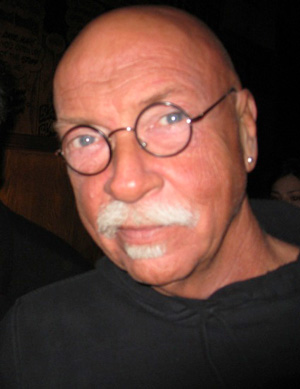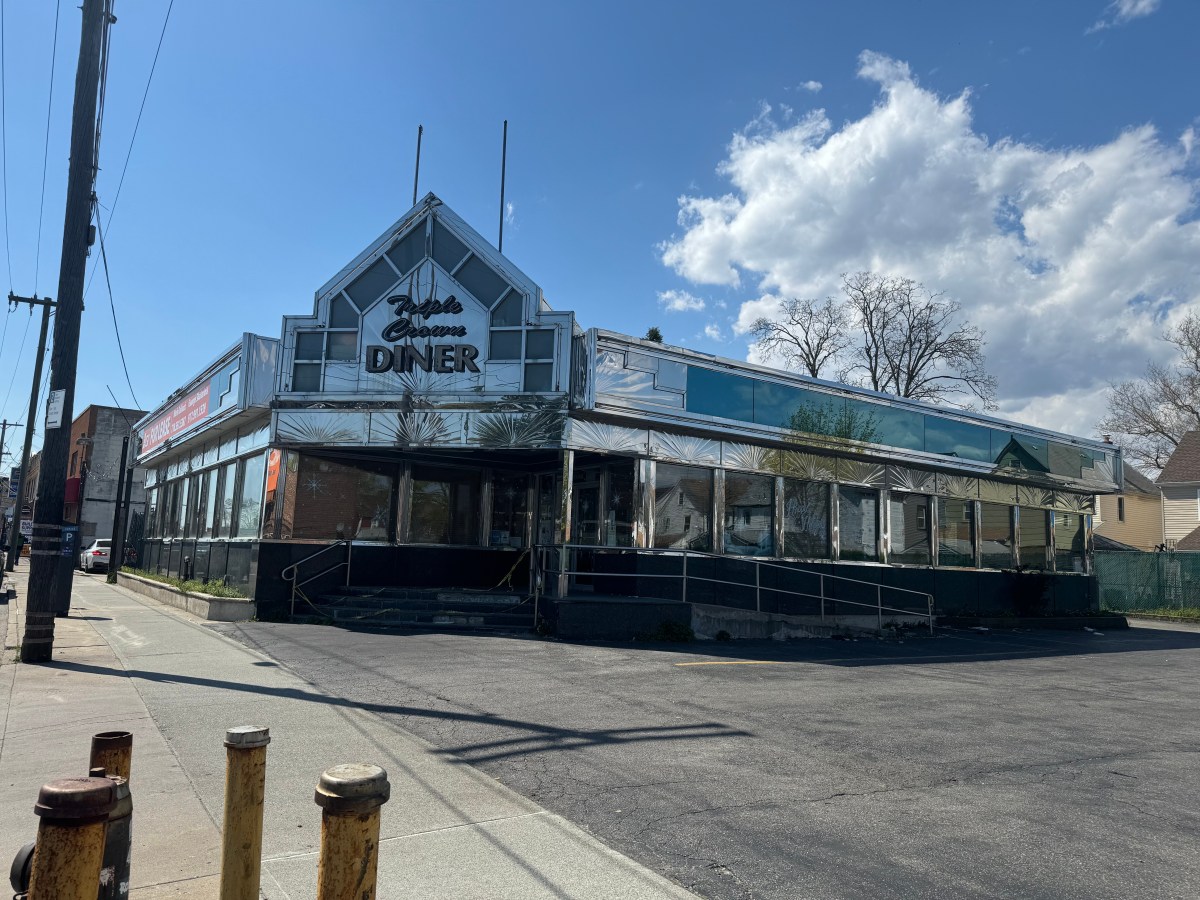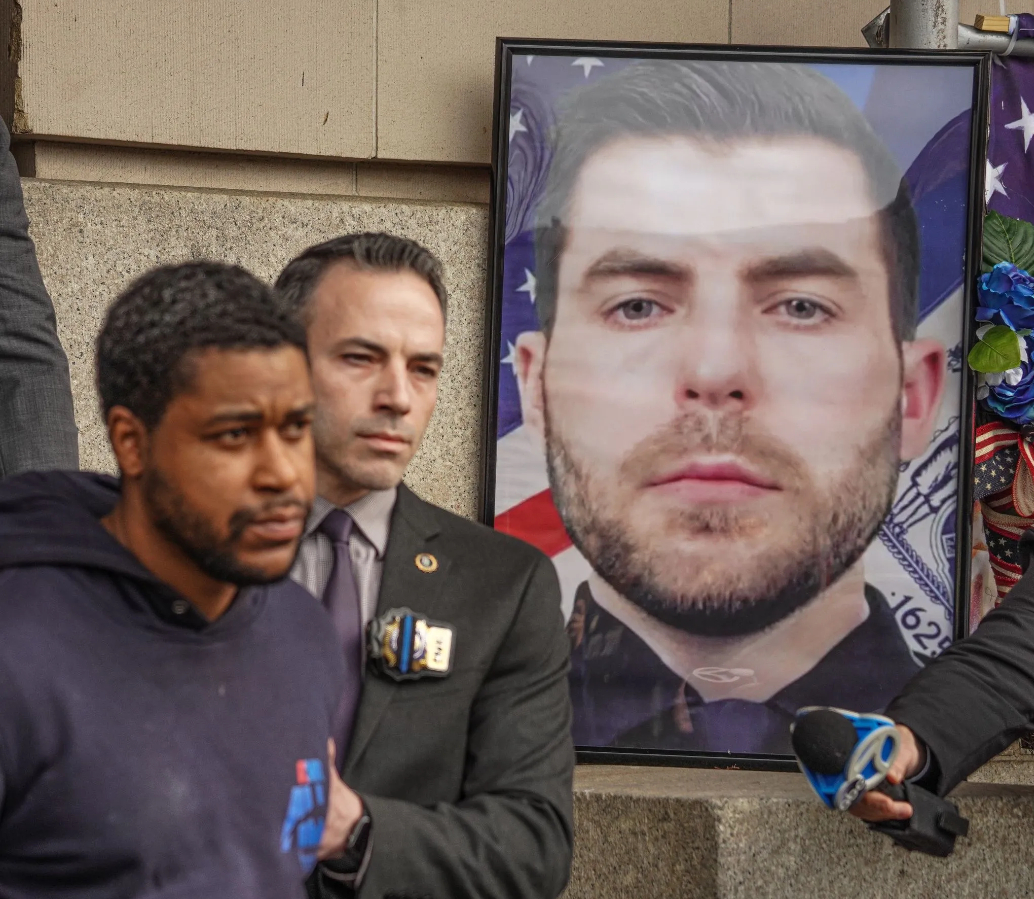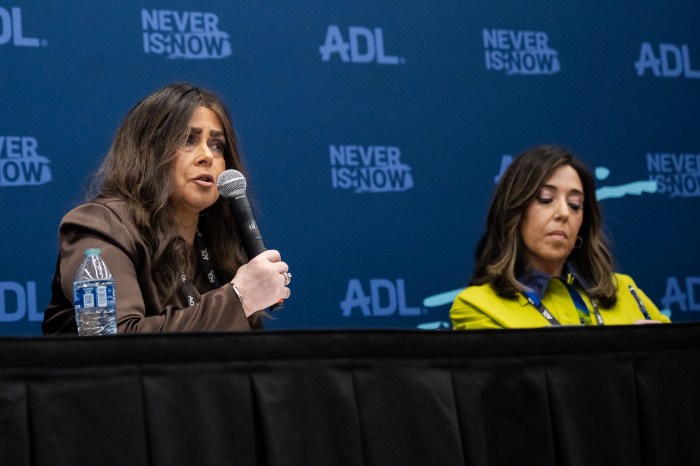
BY ALBERT AMATEAU | Kenny Gorka, who booked a generation of musicians in the Greenwich Village club The Bitter End, and became a partner in the fabled venue 23 years ago, died unexpectedly on March 20. He was 68.
He died a year and a month after the passing of Paul Colby, who acquired the club in 1974 from its founder, Fred Weintraub, who opened it in 1961.
Paul Rizzo, the remaining co-owner of The Bitter End, intends to manage most of the club’s bookings for now, but is reaching out to others who might take responsibility in the future.
“I really don’t think it [the club] will ever be the same, but that’s how life is — you have to go with the flow and you have to change,” Rizzo told the Village Voice Blogs. “It’s something we want to keep going to enhance the legacy of Kenny and Paul. We want to keep it up and we’ll do what we can. There’s a deep connection to the music industry through Kenny.”
Kenny Gorka was beloved by countless musicians, famous and obscure, who received his personal attention and respect regardless of who they were. He was also a friendly neighbor.
Maurine Remacle, a longtime resident of the Bleecker St. neighborhood, said she met Gorka years ago, and recalled often seeing him in front of the club at 147 Bleecker St. talking to musicians and patrons.
“Once in a while we would talk about something going on in the neighborhood, as neighbors do,” she told The Villager. “He was always friendly, cool and mellow, with a twinkle in his blue eyes.”
Maddy Jarmon, who sang at The Bitter End the night Kenny Gorka died, said she had been looking for him that night.
“He always made you feel very special when you were talking to him,” she said. “When my manager found out about Kenny’s death, he texted me. It was very sad, crazy that we played there that night. It was a great show and we now definitely feel like that show was for him.”
Starting as a singer and bass player, Kenny Gorka found success in the 1960s with The Critters, a band that played The Bitter End several times. In 1966, their song “Mr. Dieingly Sad” peaked at No. 17 on the Billboard Hot 100.
In the 1970s after producing music in Canada, Gorka came to work with Colby, booking bands at The Bitter End. A few years later, he was working on the Upper East Side, but returned to The Bitter End in the early 1980s to book bands. He became a partner in the club in 1993.
“Kenny’s amazing ear for music helped keep The Bitter End a musical institution,” the club’s Web site noted last week. “Many great musicians credit him with their first gig in New York City and influencing them with the way they sounded and looked, planting seeds that grew into successful careers and important life lessons. Kenny loved music; he spent his life making it and then shaping the industry from the bottom up.”
David Fagin, a musician and writer whose band, The Rosenbergs, frequently played the club, said Gorka was an equal-opportunity booker.
“Sure, a lot of big-name talent, who came up through the ranks and who won a few Grammies, owe a lot of their success to Kenny and his club,” he said. “But it’s the ones like myself who barely achieved our ‘15 minutes’ who could always count on the fact that Kenny would treat us the same way he would treat Daryl Hall or Billy Joel. Because to him we were all special: We were all artists.”
“No matter what was or wasn’t happening for us, I could always walk into The Bitter End, find Kenny at the bar and within a minute, I would have a date [to perform at the club],” Fagin said on his Web site. “It didn’t matter that we had no draw, no radio play, no label. Like so many others, we had nothing except our supposed talent. Yet I would walk out of that bar knowing my band would have a place to play.”
“Kenny was the Prince of Bleecker St.,” his friend Billy Lee, the hit songwriter, said on his social-media page. “He ran The Bitter End for as long as I can remember. I met him in the ’60s when he played with the pop rock band the Critters. He gave thousands and thousands of musicians and artists the opportunity to perform in the Holy Grail of music, The Bitter End in New York City, the club that started careers like Bob Dylan, Peter Paul and Mary, and gave an endless array of artists like myself the opportunity to entertain people in the famous Greenwich Village.”
Kenny Gorka’s wife of 39 years, Lisa Gorka, and their daughter, Blake, survive. A memorial date will be posted on The Bitter End Web site.

















